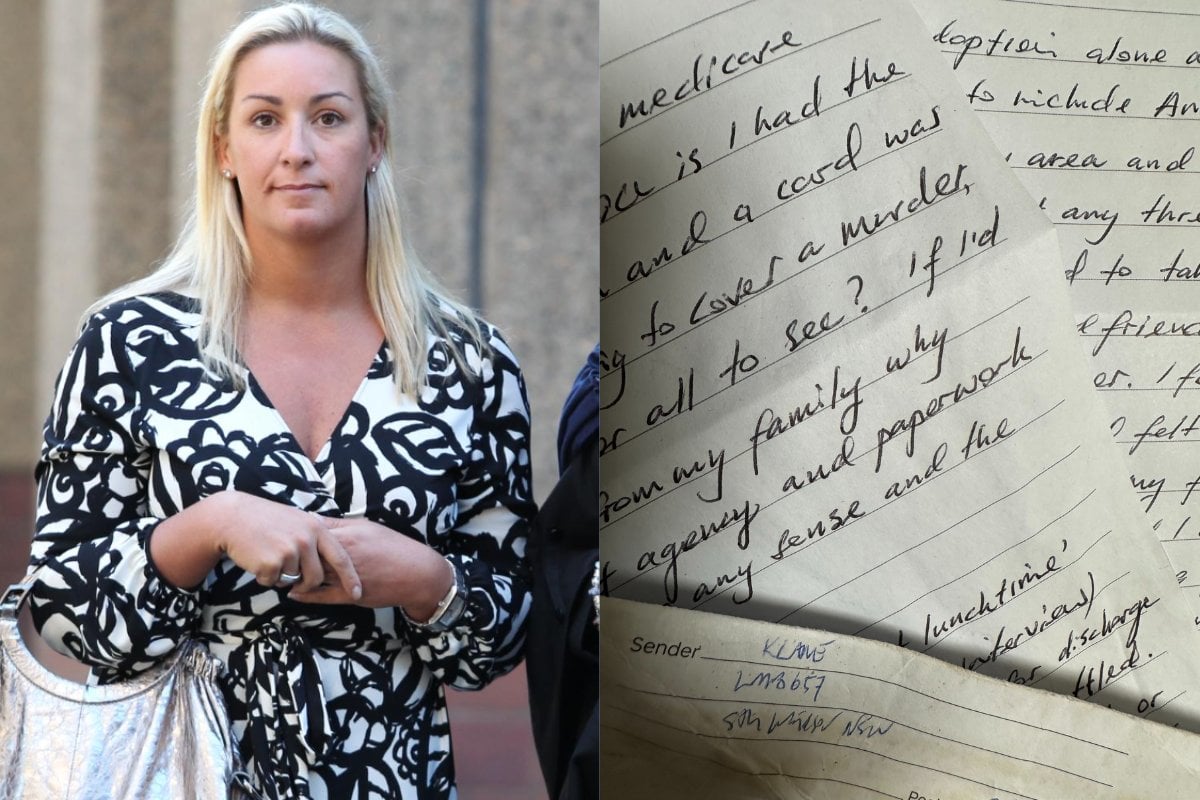
The case of Keli Lane stands as one of Australia's most captivating mysteries. It's hardly surprising, considering Keli secretly gave birth to three children. She legally arranged for the adoption of the first and third child, but the second child, Tegan, vanished mysteriously.
Keli's narrative shifted repeatedly, but the version she ultimately insisted on — that she handed Tegan over to the baby's biological father, with whom she had a clandestine affair — led to her undoing.
It's important to remember that Keli was only 19 when her first baby was given up for adoption.
Her friends and family were completely in the dark. The secrecy surrounding her pregnancies and the births, hidden from partners, family, and friends, adds an almost unbelievable layer to her story.
In 1996, Keli gave birth to a daughter at Auburn Hospital. After the then 21-year-old was discharged with baby Tegan, she attended a friend's wedding without her baby.
Nobody at the wedding had any idea she had recently given birth and it was years later, when she was arranging the adoption of her third baby, that questions were asked in regards to the whereabouts of Tegan.
Keli has always maintained her innocence. She claims she handed Tegan over to her biological father, a man named either Andrew Morris or Norris.
The search for this man led to one of the biggest manhunts in Australian history but he has never been found. In 2010, Keli was found guilty by a NSW Supreme Court jury of murdering Tegan. She was sentenced to a maximum of 18 years behind bars, with a non-parole period of 13 years and five months.
